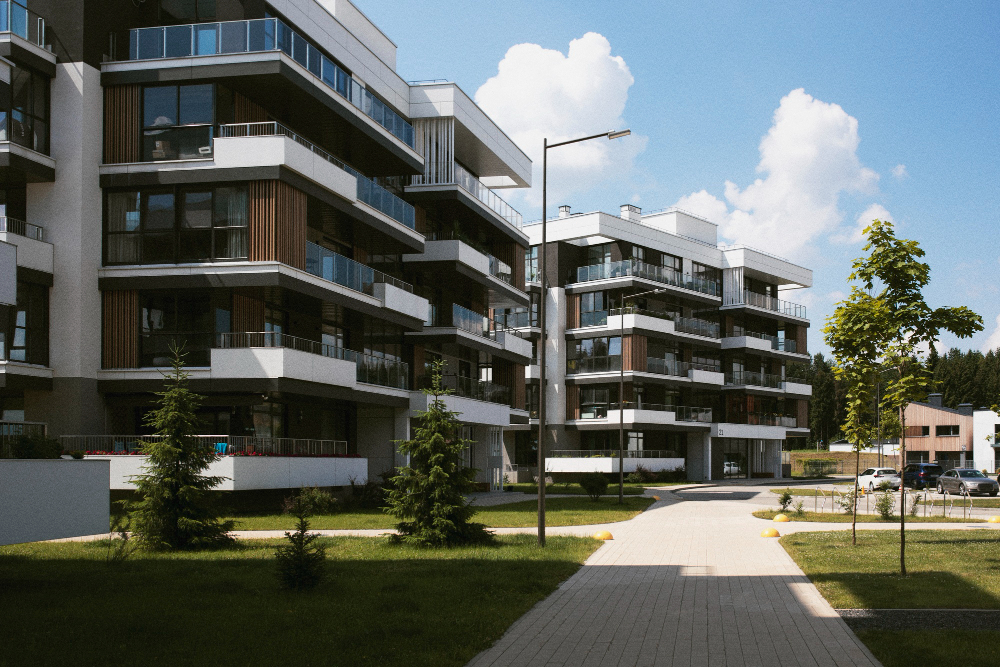
Tenancy agreements record essential details for the rental relationship, payment schedule, maintenance responsibilities, covering rents, and rules for the use of the property. Potential tenants need to read the lease agreement before signing it. It specifies the responsibilities and the rights of both parties during the tenancy period.
This comprehensive resource explains critical provisions for tenancy agreements, includes a sample outline, and provides practical steps to reduce risk for disputes. After this guide, you’ll have the resources and expertise to create a strong agreement adapted to your situation. This agreement is usually signed before the tenant moves into the property and serves as evidence of the agreed terms in case of any disagreement.
10 THINGS YOU MUST KNOW ABOUT TENANCY AGREEMENTS IN NIGERIA
1: UNDERSTAND YOUR TENANCY AGREEMENT:
The agreement can be made verbally or in writing. Nevertheless, it is advised that an agreement between both parties should be written to clarify all ambiguities. The Tenant should consult a solicitor for guidance before signing any tenancy agreement.
Nigeria’s tenancy law gives legal protection to both landlords and tenants. This law prevents unlawful ejection and regulates security management, notice, periods, and rent control in a particular field. The tenancy agreement is the most important paperwork in your renting journey. It summarizes the condition of your stay, and the chosen tenancy agreement will depend on the various factors, including landlord preference and tenant needs.
If you violate any term in your tenancy agreement, such as renovating the property without permission, your landlord can legally terminate your tenancy. Always obtain necessary authorization for any changes you want to make to prevent eviction. Your landlord may require or agree to certain terms beyond the tenancy agreement. You shouldn’t agree to their terms unless they are included in the agreement.
2: RENT AND PAYMENT TERMS:
A key right of a landlord is receiving rent from the tenant. The tenancy agreement clearly outlines the amount, and it should be paid on the agreed date. Some residential complexes may include some utilities as part of your rent. Let’s discuss finances.
This is the part where the tenant and landlord need to be on the same page. In a certain state in Nigeria, there are rent control laws that manage rent growth and prevent exploitation practices by landlords. Understand your state’s tenant protection laws. Keep track of the due date for payment, if there’s a grace period, and whether there’s a penalty fee for not paying on time. In certain situations, you may be asked to makea deposit that will be repaid to you when you vacate the property.
3: SECURITY DEPOSIT:
A landlord typically requires a security deposit, normally equivalent to one month’s rent. This deposit provides coverage for damages to the property. In the case of damage, the agreement should explain how repairs are handled and how much of the deposit will be used for that.
A well-defined agreement can prevent disputes over the deposit by clearly outlining the terms for its return or deduction. A security deposit is generally necessary to account for damages or outstanding bills. The terms should include:
- Conditions for its refund
- The deposit amount
4: DISPUTE RESOLUTION:
The tenancy agreement should include a process for resolving disputes if disagreements occur, whether it’s about repairs or increases in rent.
- Settle all the disputes you have through open communication.
- Seek mediation
5: RENT AND UTILITIES:
Some landlords include stuff like security as part of rent and still expect you to pay to continue paying for it thereafter on a monthly basis. Some residential development may include some utilities as part of rent, consequently you are accountable for reading the agreement and taking note of which ones and how much.
Outline payment terms for utilities like:
- Electricity
- Water
This prevents disputes about unpaid bills during and after tenancy.
6: DURATION AND RENEWAL:
The tenancy duration specifies the time the tenant will rent the property. It could be a fixed-term agreement, or it may bea periodic lease that is renewed automatically after each rental period.
7: VERIFY WHO TO PAY TO:
Lagos has a reputation for rental scams. Prior to paying out your hard-earned money, be sure the person you are paying to has legal authority to lease the property and collect rent. In the case of an agent, ask for legal right or any other documentation proving they are empowered to represent the landlord.
8: APARTMENTS INSPECTIONS:
Remember to inspect an apartment during the rainy season. This allows for a more thorough assessment of potential issues, such as a leaking roof, accessibility problems when it rains, or improper drainage. Doing so helps avoid unexpected issues after moving in.
9: RENOVATIONS:
If the landlord says you are free to renovate the place, be sure you get this written in the rental agreement. Before you begin to remove and fix the place to your taste, be sure to look at what the government says about renovations. Or else you may end up shouldering the cost of rebuilding the place back to its former place when it’s time to move.
10: REPAIR AND MAINTENANCE:
Repair responsibilities are defined in the tenancy agreement. Typically, landlords manage foundation repair, while tenant takes care of minor repairs. This clarity helps maintain a harmonious tenancy.
Outline property maintenance roles:
- Landlord: Responsible for significant maintenance, like structural repairs.
- Tenant: Responsible for small repairs and cleanliness.
CONCLUSION
By understanding the landlord and tenant law, confirming the legitimacy of rent collectors, and handling rent increases through legal means, you can confidently navigate the Lagos rental even with confidence.
The tenancy agreement is important for landlords and tenants. If you are potential tenants, you will need to sign one. Even without the document being presented by the property owner, ask them to make it available.
Recommended Articles:
How to get a Certificate of Occupancy (C of O) in Nigeria – 7 steps
4 Common causes of real estate litigation and how to avoid them.





